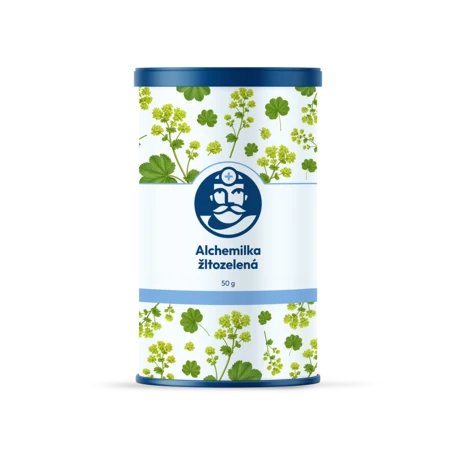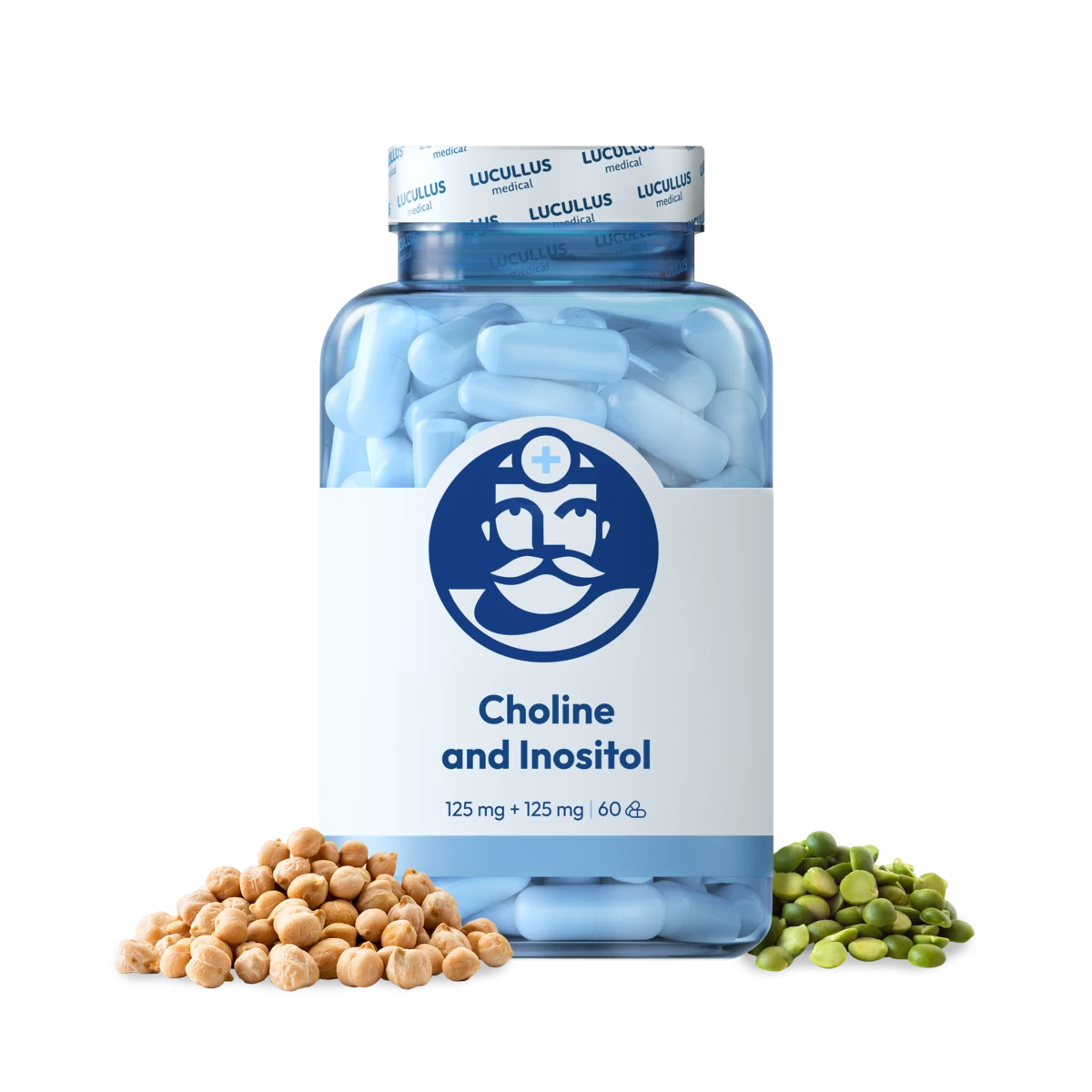
Did you catch the latest trend of nature? Choline and Inositol
Sometimes it seems at first glance that we have everything under control, but the reality is often different. "Liters" of coffee, fast food between duties, endless deadlines, constantly ringing phones. The result is fatigue, problems with concentration, forgetting even simple things, moods changing faster than the weather, and nights full of tossing and turning, as if our mind is running at a minimum. In a hectic pace, we do not realize the importance of proper nutrition. The good news is that nature can save us, in nature everything can be in harmony if we combine it from nature, it is a mysterious duo of choline and inositol.It is an ideal combination not only for the body but also for a tired mind, which is calling for help. Although many are unaware of them, choline and inositol work in every cell of our body, keeping our brain in shape, liver clean, and nerves strong. Their effects were discovered relatively recently. Why should we pay attention to these nutrients?

Let Yourself Shine with B2
The “yellow spark” that powers our body is vitamin B2 - riboflavin, (from Latin flavus “yellow”) was first isolated from milk and initially named lactoflavin. Its uniqueness was noticed by scientists due to its natural fluorescence under UV light, which helped them better understand its distribution in nature. But it wasn't just its mysterious light that attracted scientists' attention. It holds the power to transform food into life force. Riboflavin, aka vitamin B2, is not just a pretty fluorescent molecule, but it is important in cellular metabolism.

Multitalent Multivitamín
Je potrebné mať multivitamínov iba spôsob ako drahú moč? Inými slovami: ak namiesto jednotlivých suplementov a zodpovedného dávkovania dáme všetko do jednej krabičky - bude to mať zmysel? Áno aj nie - pozrime sa na to.

Vitamín B1 Tiamín
Vitamín B1 patrí do skupín B1 až B12, ktoré označujeme pod spoločným názvom B-komplex. Pod týmto menom je potrebné doplniť všetky vitamíny tejto skupiny. Čo však potrebujem len jeden z nich? Potrebujete aj celú skupinu - tie najdôležitejšie vitamíny zo skupiny B je možné dostať samostatne.

B9 with a huge impact
If you were to test your diet today, you might find that despite healthy eating, you lack enough vitamin B9 - folic acid. Popular avocado toasts are in vogue, but unlike spinach, lentils, or broccoli, they don't contain much B9. Folic acid was first isolated from spinach, and although it is most commonly associated with pregnancy, its importance concerns each of us.

Cal-Mag - silná dvojka pre vaše kosti
Ak patríte ľuďom, ktorí neradi prehĺtajú tabletky, určite ste už riešili dilemu, ktorý výživový/vitamínový produkt potrebujete. Ak by ste chceli byť dôslední, museli ste ich denne prehltnúť niekoľko. Preto kombinácie, ktoré vám s týmito poskytnúť dokážu pomôcť. Jeden z nich je aj dvojkombinácia vhodného a horčíka: CalMag .






























